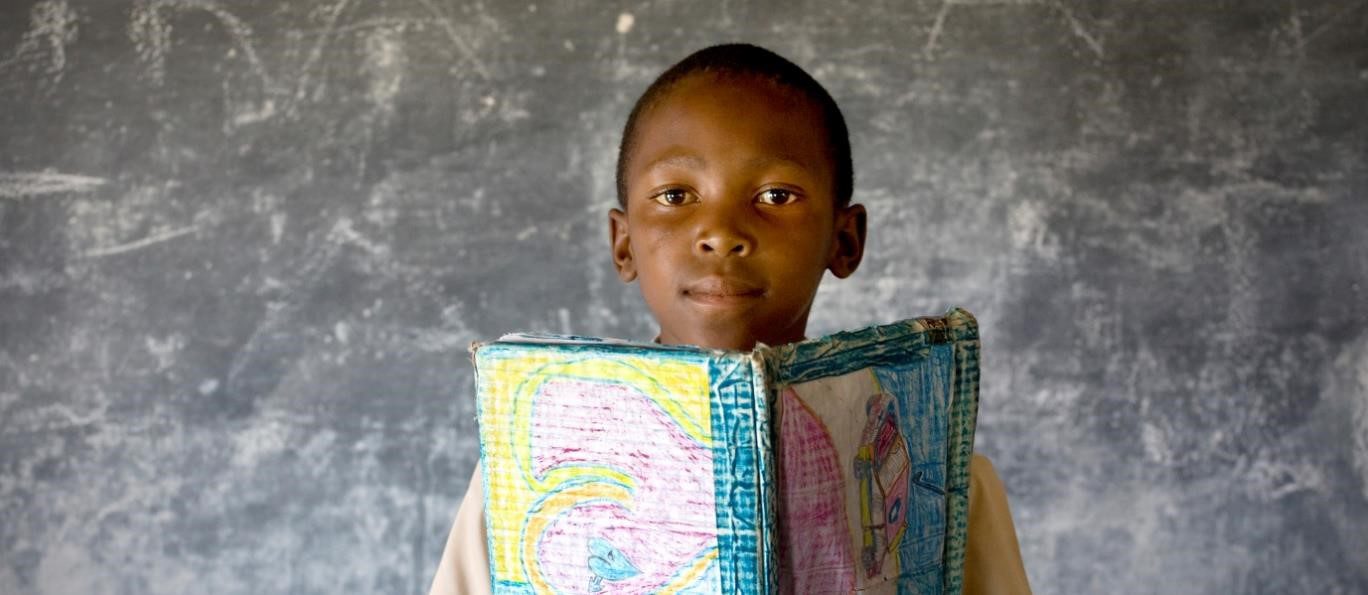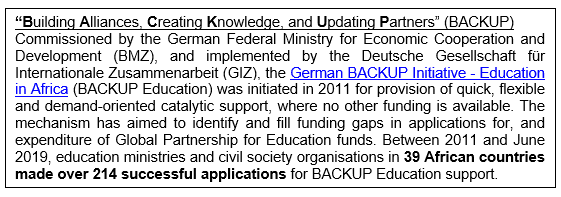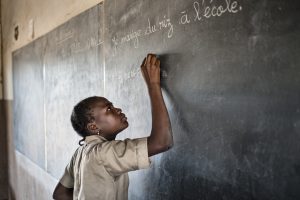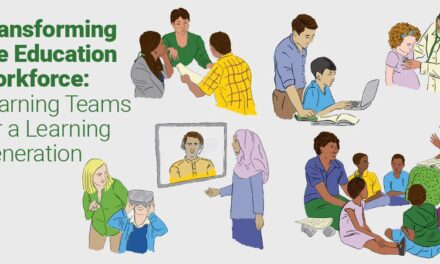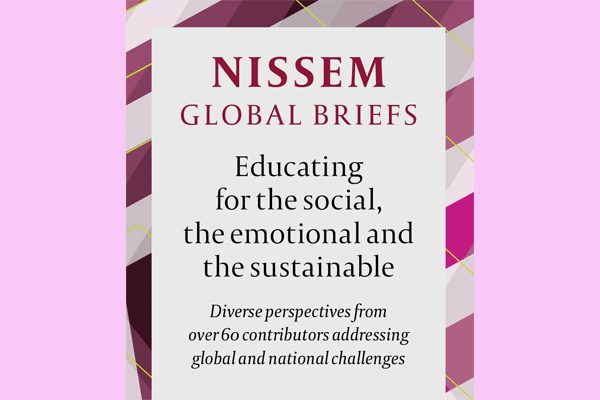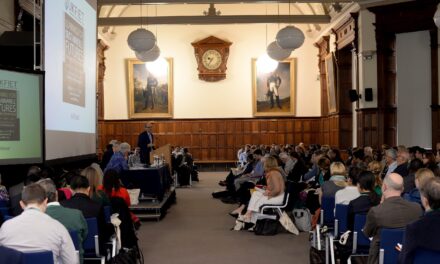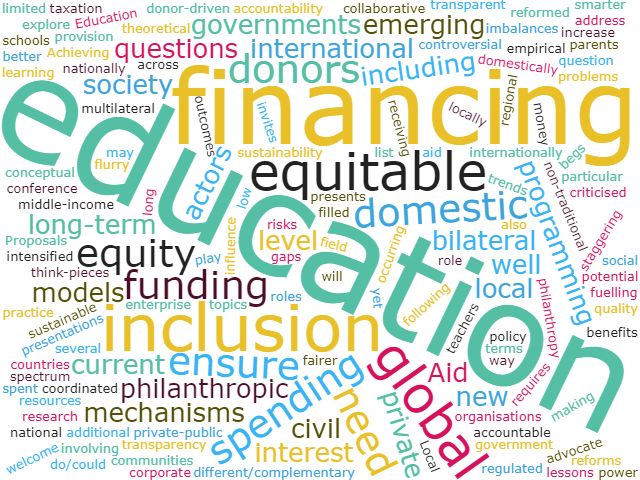This blog was written by Dr. Alexandra McCormick, Senior Lecturer at the University of Sydney. The author will present in a symposium at the September 2019 UKFIET conference about the collaborative impact study of the German BACKUP Initiative – Education in Africa, with Ronja Hoelzer, (Gesellschaft für Internationale Zusammenarbeit (GIZ), BACKUP Education Project Manager), Martha Muhwezi (Executive Director of the Forum for African Women Educationalists, FAWE), and Dr. Ritesh Shah (Senior Lecturer, University of Auckland).
Significant resources are required to gain access to funds for education, and to use them effectively – even where they are available. Education stakeholders must mobilise high levels of material resources, staff and technical knowledge to apply for, expend and acquit external funds, at all levels and stages of education systems and processes. Partnerships that maintain principles of equity, flexibility and mutual accountability are, therefore, critical, as identified in the earliest stages of global cooperation for education at the world education conference in Jomtien 1990. These principles are now enshrined in the Global Partnership for Education (GPE) Charter. BACKUP Education has served to complement the GPE, in creating a request-based mechanism designed to improve conditions to increase access to and efficient use of funds.
Influence and Impacts of BACKUP Education
In the recent study, Listening to the Partners: the Impact of a Demand-Driven Support, a small team of independent researchers investigated medium to longer-term impacts and influences of the BACKUP Education mechanism. The study aimed to document and understand the work of BACKUP through Partnership and Tracer Study components, with three field studies in partner countries – Côte d’Ivoire, Madagascar and Uganda. Key findings of intended and unanticipated impacts include evidence that BACKUP Education:
Offers a leverage effect
BACKUP Education was shown to offer explicit support for capacity development of individuals, departments and national and regional organisations in Africa over time, including development of knowledge and skills that were shared beyond the immediate support provided. The mechanism also supported inclusive policy dialogue and monitoring in national, regional and global contexts.
Strengthens the role of civil society organisations
Various approaches were shown to support activities designed to bring national governments and civil society into closer collaboration and cooperation, including strengthening national education coalitions in education sector decision-making and planning.
Strengthens partnerships
Through its role as a partnership broker within the GPE, BACKUP Education has supported activities which bring together national actors from across the region to engage in South-South knowledge exchange, information sharing, and capacity development, and engaged in regional and global activities, networking and participation.
Supports effective use of GPE funds, particularly at the national level
This is achieved and maintained through fulfillment of partner requests for specific technical aspects of education sector plan development or review. The study also found that BACKUP Education’s approach to partnerships and process supports emerging issues in education and relating to the Sustainable Development Goals.
For more details, see the study reports (Impact Study, Tracer Study, French and English Summary) or join the symposium at the 2019 UKFIET conference.

